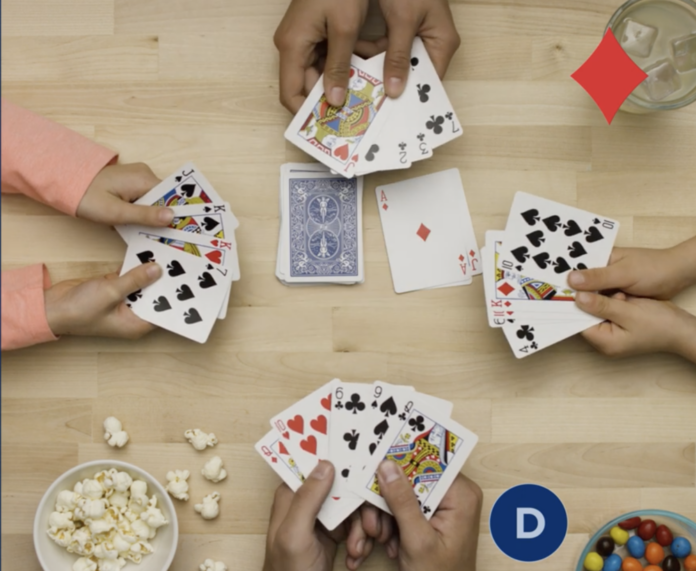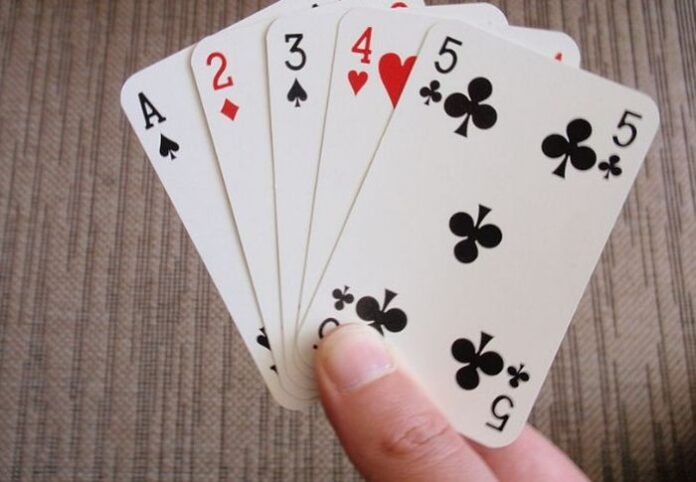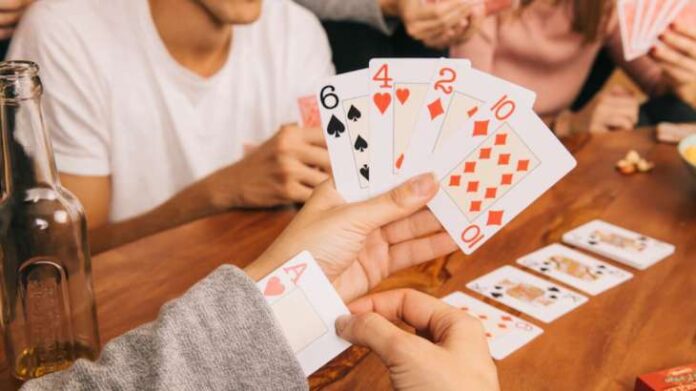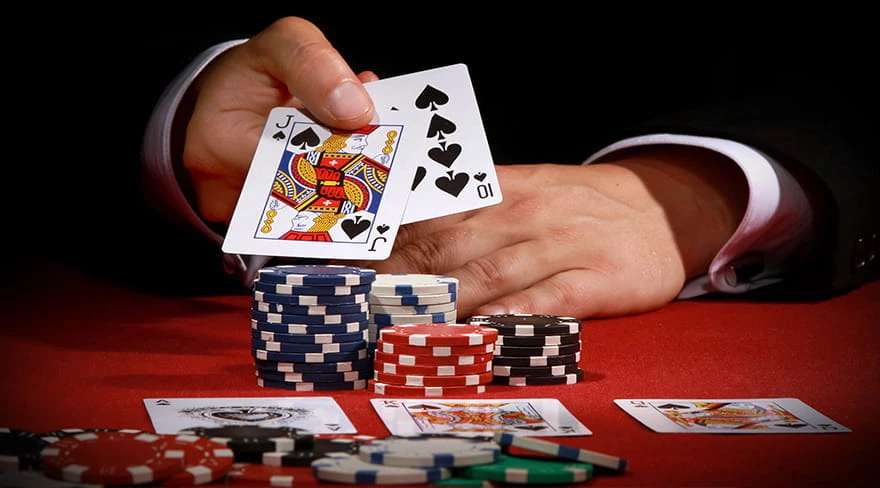Playing card games have long been seen as a way of entertainment and gambling, but little do many people know that regular engagement with this kind of game can actually improve your cognitive ability and develop a wide range of skills. In this article, you will learn about the various ways in which familiarizing yourself with a card game like poker can bring about an array of mental benefits and sharpen various executive functions.
Enhances focus

Playing card games can help improve various cognitive skills, like focus. Poker forces you to concentrate on the hand you are holding and strategize which cards to use and which to discard. It also necessitates paying attention to what other players are doing and how they approach the game, as well as remembering details of previous hands. All of this helps enhance your focus and keep your mind sharp.
Moreover, focusing on a task has been shown to help with stress levels by allowing us to forget our day-to-day worries while playing a game. With practice over time, players of card games like poker become so focused that their decision-making process is almost automatic. When playing online at Mystino, you will even learn shortcuts for tasks like:
- Clicking your cards
- Placing bets quickly
All of which will be beneficial in developing better concentration skills over time.
Improves problem-solving skills

From managing a hand of cards that you’ve been dealt and assessing different strategies, players must constantly be on their toes and think ahead to determine what the best moves are given their current circumstances. By honing these skills, you might find yourself better able to approach obstacles in your everyday life with effective problem-solving techniques.
In addition, playing these types of card games also teaches players the importance of areas such as risk assessment and balancing short-term versus long-term goals when making decisions. While it is undeniably important to understand the impact that individual cards have when playing poker, it is just as important to understand the implications of each decision being made in comparison with others in order to create a successful strategy. As such, players are required not only to think deeply about each situation they encounter during play but also act quickly while still analyzing all potential outcomes so as not to improve their chances of success.
Thus, by emphasizing both mental acuity and strategic thinking, playing card games helps players build an intuition for efficient decision-making in terms of both recognizing opportunities and minimizing potential risks associated with any decision they make while playing:
- Recognizing opportunities
- Minimizing potential risks
- Thinking ahead
- Balancing short-term versus long-term goals
- Acting quickly
- Analyzing potential outcomes
Improves memory
While the games may be mainly played as fun and social activities, they can also improve your memory by training your brain to remember complex patterns of cards. This is because, in these types of games, memorizing patterns and increasing your knowledge of the deck are two key skills that will help you win, giving you the incentive to focus on the task at hand and quickly recall game information.
This is especially true when it comes to poker; players must utilize knowledge of the deck composition and card distributions in each round or hand in order to make accurate betting decisions. Memorizing specific influences such as what combinations/ pairs have been seen lets you easily make informed decisions about probability calculations, ultimately resulting in increased chances for success for experienced players.
Enhances decision-making skills

Playing card games can provide mental stimulation and help enhance your cognitive skills. Card games such as poker and bridge require players to carefully consider all elements before making a move – thus, developing their decision-making skills.
Poker, in particular, is a game of tactics, strategy, and resourcefulness that can help build a person’s decision-making capabilities and allow them to develop their own theory of gameplay. Playing poker develops the ability to make decisions quickly with courage in the face of uncertainty or adversity, as well as helps you develop an understanding of probability and risk management.
Card playing also tests and sharpens analytical thinking skills. By breaking down each individual situation into its different components – available options including those from opponents – decisions must be made accordingly that are both concrete yet fluid enough for tactical adjustments when needed or desired.
Strategies for Winning
Everyone wants to win, but not everyone can. To ensure your win, exploring different strategies is crucial.
Have a plan
Having a plan when playing any card game is essential – this is especially true for poker and other card games with a competitive element. A successful player needs to think about their position and decide the strategies that are going to give them the best chance of success. Even in situations when the odds of winning might vary, you should always strive to find the most rational move that could result in a successful outcome.
Know when to fold
It is essential to know when to fold in poker. An important skill to have, folding teaches players the art of making decisions to hold or discard a card which determines risk and reward. Knowing when to fold is the most vital skill in a game, as it helps limit losses, keeps from taking too many risks, and maximizes earning potential.
Folding early gives you a better chance at winning because you can read your opponent’s cards more accurately and strategize better for the rest of the session.
Bluffing

Bluffing is a technique used in many card games that involves deceiving your opponents into believing you have better cards than they do. By doing this, you can win the game without having to actually win the hand. In poker, bluffing is an art form and there are numerous techniques players can use to test the waters and find out how their opponents will react. If done well, it can gain some serious leverage over other players.
Conclusion
Overall, playing card games like poker can have numerous benefits to your cognitive skills. Not only does playing result in quicker and more accurate decision-making, but it also aids in the development of problem-solving and social skills. Additionally, the game can help with memory recall and organization. As you strive to achieve the best possible results during gameplay, the process of evaluating long-term strategies develops your analytical abilities as well.









